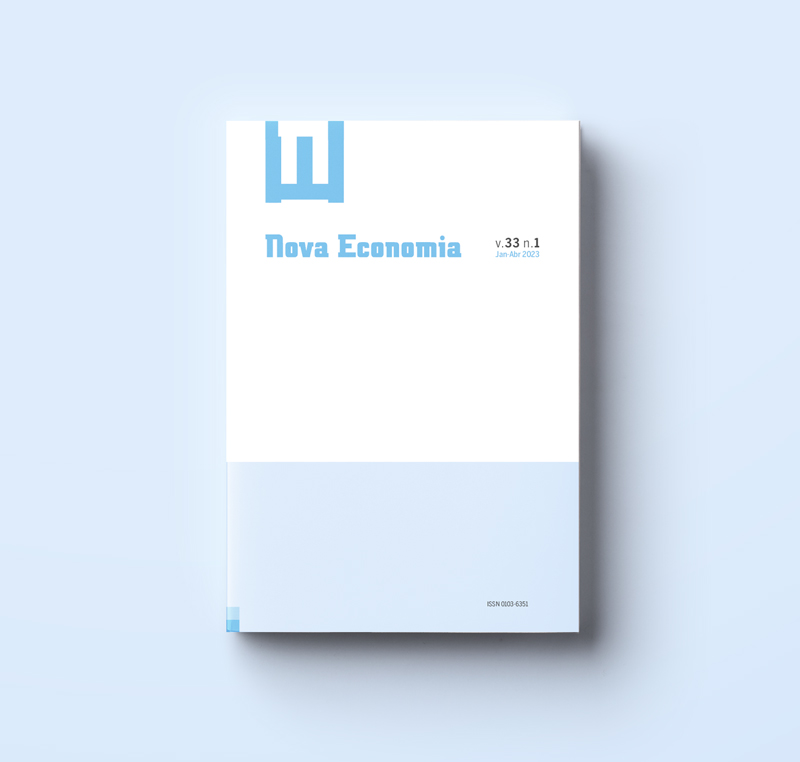What are the institutional relationships between the colonial past of the Brazilian economy and the development of its financial system?
Abstract
Based on the keynesian and cepalinian/furtadian theoretical framework, we investigate the institutional relations between the Brazilian colonial past and the development of its financial system until the 1960s. The underlying hypothesis is that there is a connection between a financial system deficient in providing investment funds and the economically peripheral Brazilian condition. This was subordinate to Portuguese European institutions, despite being immersed in the accumulation process of mercantile capitalism. This changed in the transition from the primary-export model to one geared to domestic demand. The industrialization process put pressure on a financial system unable to meet the growing demand for credit, which increased the need instruments and mechanisms for financing the investment. However, as the financial system developed, financial institutions profited not despite the “dysfunctionalities” imposed by the peripheral Brazilian economic condition, but through them. It is concluded that such institutional relations were the legacy of the colonial past left to the contemporary financial system.
Keywords: Brazil; Colonial economy; peripheral economy, financial system, productive system.
JEL Codes: F54, E44, N26.
Downloads
Published
How to Cite
Issue
Section
License
Copyright (c) 2023 Daniela Freddo, Juliano Vargas

This work is licensed under a Creative Commons Attribution 4.0 International License.
Authors who publish with this journal agree to the following terms:
- Authors retain copyright and grant the journal right of first publication with the work simultaneously licensed under a Creative Commons Attribution 4.0 International License that allows others to share the work with an acknowledgement of the work's authorship and initial publication in this journal.
- Authors are able to enter into separate, additional contractual arrangements for the non-exclusive distribution of the journal's published version of the work (e.g., post it to an institutional repository or publish it in a book), with an acknowledgement of its initial publication in this journal.
- Authors are permitted and encouraged to post their work online (e.g., in institutional repositories or on their website) prior to and during the submission process, as it can lead to productive exchanges, as well as earlier and greater citation of published work (See The Effect of Open Access).




